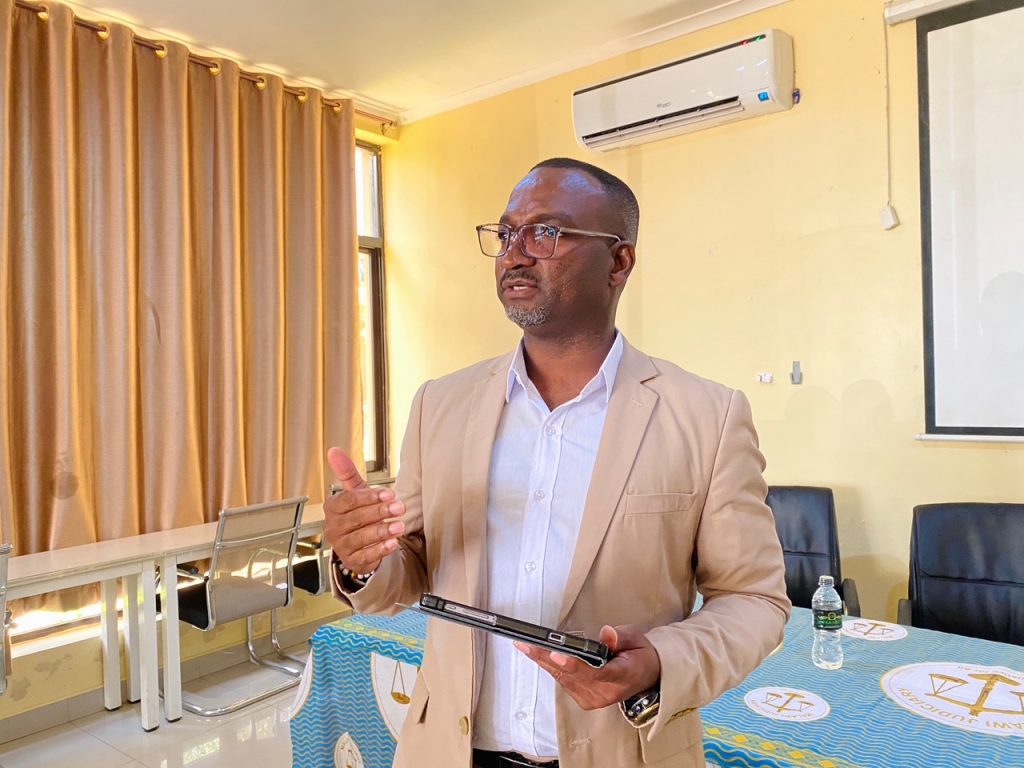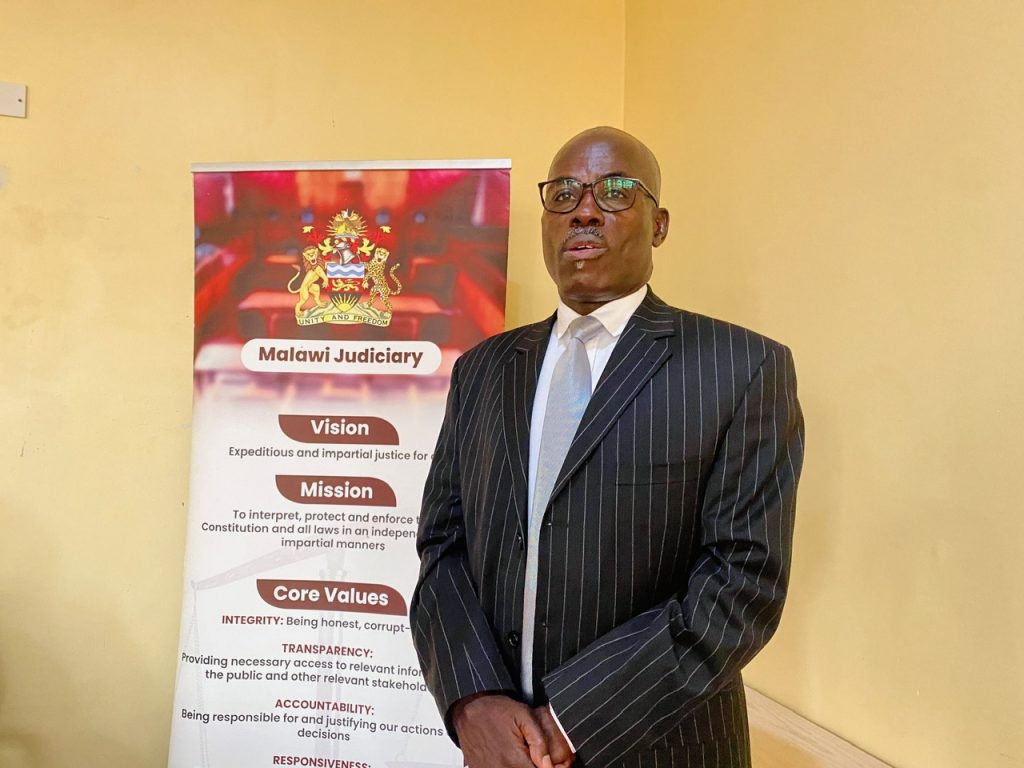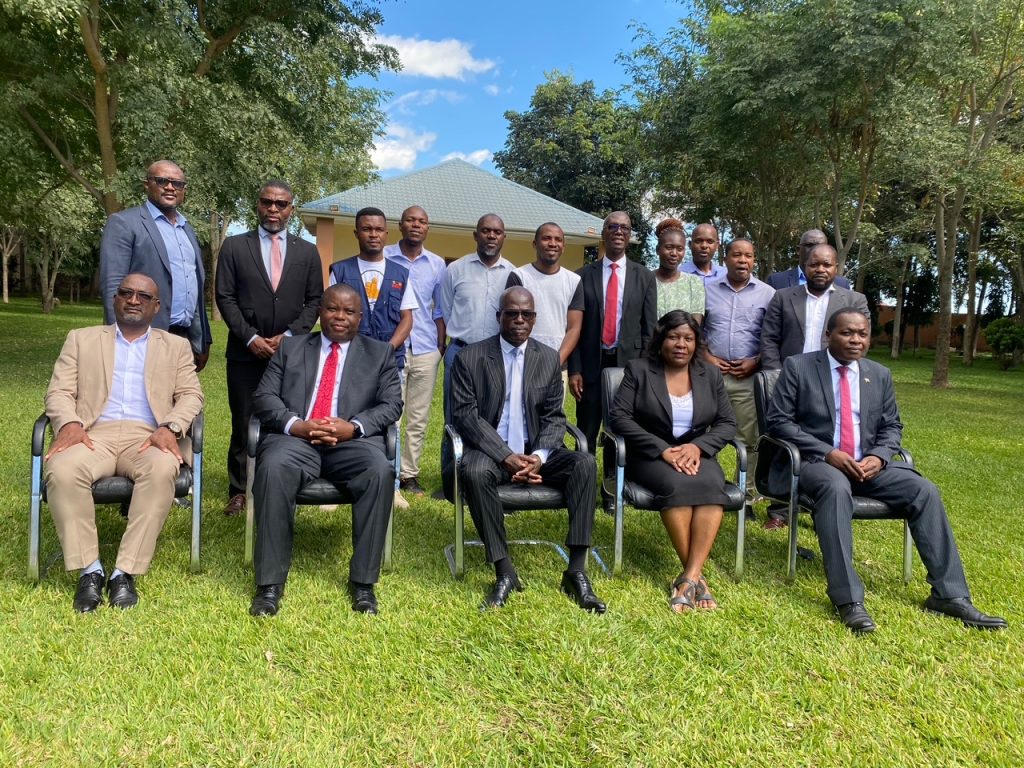A recent assessment conducted by the Media Council of Malawi has identified several challenges faced by journalists in covering court proceedings such as a lack of capacity, language barriers, and mistreatment by some court officers, including lawyers. In response to the findings, MCM Executive Director Moses Kaufa has emphasized the need to strengthen collaboration between the media and the Judiciary to better serve the public.
This has been revealed at a two-day interface meeting between the Judiciary Communications Committee and media representatives in Mponela, Dowa, whose objective is to foster an efficient and effective working relationship between the judiciary and the media.

Kaufa has called for increased training for journalists on court reporting to help close the existing capacity gap and recommends that some judicial officers receive training to better understand media operations and the demands of their roles. The Executive Director has also urged journalists to adhere to key ethical standards in court reporting, such as maintaining accuracy and neutrality in their coverage.
Deputy Chief Justice Lovemore Chikopa, highlighted the important role the media plays in promoting transparency in the justice system and providing constructive feedback on the delivery of justice.

“We believe that, as the law requires, officers must be both accountable and must operate in a transparent manner. But it’s impossible to get each Malawian to come and supervise this transparency or accountability. So, in their place comes the media, and the better the media, in our view, the better the transparency and accountability,” he said.
The event which is being funded by Chilungamo II programme has brought together officials from the Judiciary, the Media Council of Malawi, and journalists from media houses in the central region.
Chilungamo II programme Manager Charles Lumanga says that, ultimately, their goal is to promote the effective delivery justice in Malawi, ensuring that everyone including vulnerable groups and those living in rural areas, has access to justice.

































